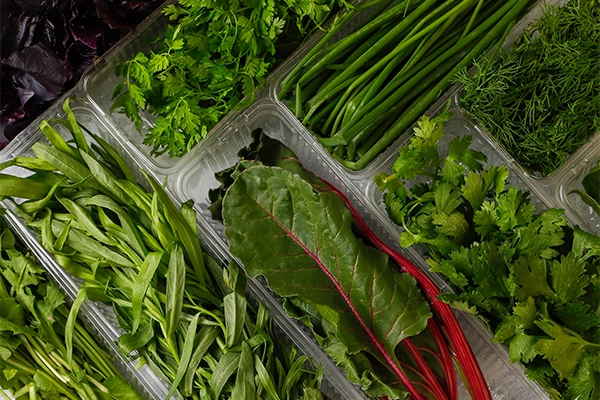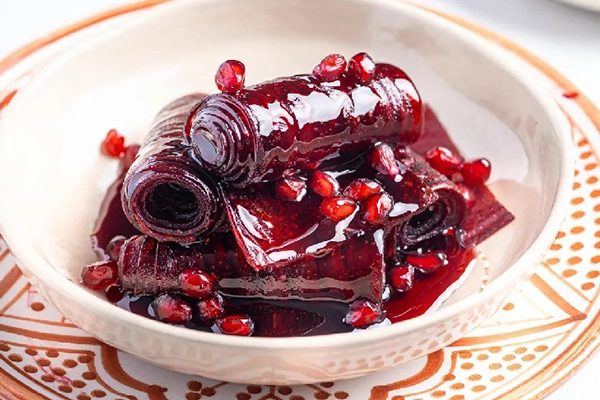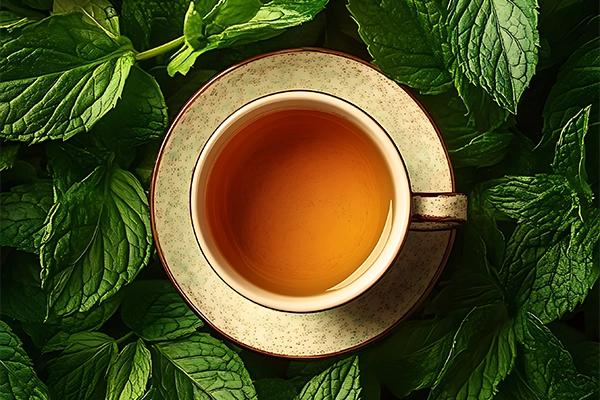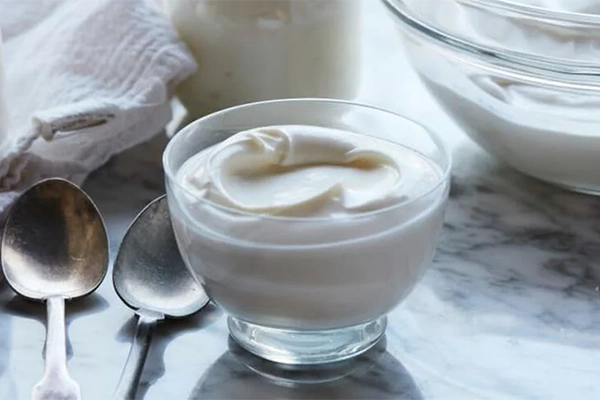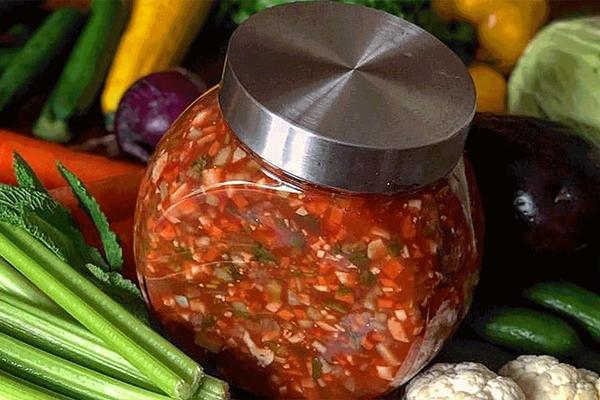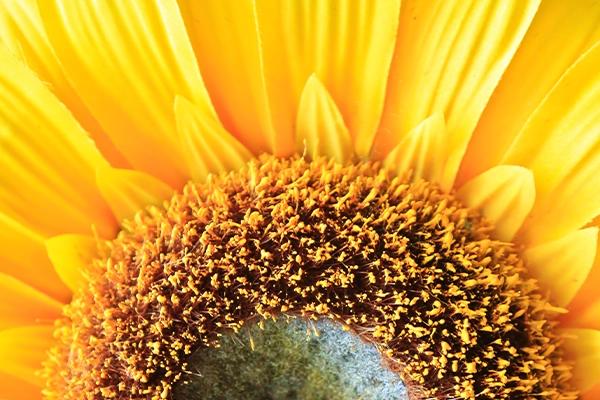Vegetables, due to their delicate structure, are very prone to spoilage. You may have often seen spoiled or black vegetables in your refrigerator. This may be after a couple of days or even hours of purchasing fresh vegetables. Vegetable spoilage is not only aesthetically displeasing due to their horrible appearance, but also due to the strong odor and loss of nutrients and flavor, which can be quite disheartening.
The majority of homemakers face the problem of newly bought vegetables expiring quickly. If you were planning to have the fresh veggies you bought days ago for your lunch one time, but on opening the refrigerator, the vegetables have expired due to the days that have gone by and they are now in vain. It is a common issue, largely because of being unaware of vegetable storage. For more insights on the best veggies to include in your meals, check out our Top 10 Healthiest Vegetables for Your Diet and discover nutrient-packed options to boost your health.
Fortunately, there are vegetable storage methods for vegetables that can be used to extend their shelf life and prevent them from spoiling. In this article, we shall introduce you to some tips that, if heeded, can help you store your vegetables longer and remain fresh and healthy.
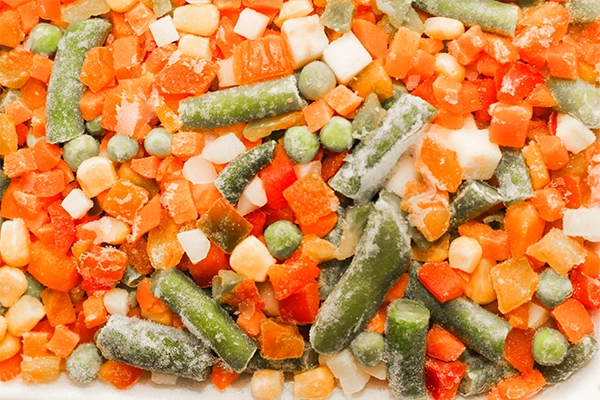
1. Employing Ethylene Absorbers to Keep Vegetables Fresh
One of the main causes of vegetables and fruits becoming spoiled is the production of ethylene gas. This natural gas hastens the ripening and spoilage of vegetables. In fact, ethylene causes vegetables to spoil quickly and turn black. To prevent this problem, using ethylene absorber packs can be of great assistance. These absorbers absorb the gas and prevent its production, thus keeping your vegetables fresh and healthy for a longer period.
Such firms like Pectin Gard produce special ethylene absorbers, and you can place it in the compartment or drawer of your fridge. For an ordinary drawer, we recommend a minimum of 3 packs of ethylene absorbers, and these absorbers will keep your veggies fresh for 7 days, maximum.
2. How to Clean and Dry Vegetables Correctly
Excess moisture is one of the problems that come when you are storing vegetables. Just-washed vegetables, if not dried, will tend to rot faster. To maintain the freshness of vegetables, after washing them, you have to remove excess moisture gently. The best method is to place the vegetables on a clean cloth and let them dry.
If you don’t want your vegetables to wilt early, make sure you drain all the excess water. You can cover the vegetables in a clean cloth and place them in a plastic or cloth bag.
3. Storing Washed Vegetables in Proper Containers
For keeping clean vegetables, use the right kind of containers. The best vegetable storage container for vegetables is a clay or copper pot. These keep the vegetables’ moisture intact and do not cause them to get spoiled as quickly. It would be a good idea to ensure that the pot is tightly covered so that a lot of air is not trapped inside. And if you insert an ethylene absorber in the pot also, the vegetable storage life would be extended.
4. Vegetable Storage with Fabric Bags
Another extremely efficient method of storing vegetables in the refrigerator is using fabric bags. These bags, especially if their mouths are properly sealed, keep vegetables fresh. Moreover, if you place an ethylene absorber inside the bag, its efficiency is highly increased.
This method allows you to keep your vegetables in the fridge for about 5 to 7 days. Moreover, cloth bags are airy and don’t permit extra water to stay within vegetables.
5. Sliminess Prevention in Vegetables using Paper
One of the problems with washing vegetables is that they become slimy and soft. This can be prevented by covering the vegetables with a dry clean paper towel before putting them in a large bag. The paper absorbs the excess water from the vegetables and prevents them from spoiling very quickly. It is most effective on those vegetables that spoil quickly, e.g., mint or basil.
6. Disinfecting Vegetables Before Storing
Microbes and bacteria are also a reason for the spoilage of vegetables. To prevent this, vegetables should be disinfested before refrigeration, with a disinfectant solution and cold water. Natural products like salt or vinegar are good options for vegetable disinfection. Soak vegetables in cold water and vinegar or salt for 20 to 30 minutes and eliminate bacteria and microbes.
How Long Vegetables Can Be Stored: How to Store Vegetables for Long Term?
Proper storage of vegetables is the most important thing that you can do to preserve the freshness and nutritional value of the vegetables. In this chapter, we shall discuss the time that the vegetables will remain fresh and the proper method of freezing and storing vegetables in order to prevent speedy spoilage and preserve their flavor and nutrients for a longer period.
Freezing Vegetables
Freezing is among the most convenient and effective methods to vegetable storage. However, even freezing must be followed by certain guidelines so that vegetables can last as long after being frozen without their freshness and nutritional value going down. Frozen vegetables tend to be longer lasting, but it does not mean their quality will stay the same. Therefore, one must understand that the quality and freshness of vegetables go down after some time.
In freezing vegetables, it is required that you pack them in freezer containers or freezer bags. The key factor here is not to let air get into contact with the vegetables. Contact between air and frozen vegetables can lead to oxidation and dehydration, and this will lower their quality.
How Do You Store Vegetables for Freezing?
Among all the critical rules to maintain freshness in vegetable storage after freezing, the use of sharp knives while cutting is significant. A sharp knife, as sharp as it can be, maintains vegetables cut uniformly without breaking the structure of vegetables. The finely chopped vegetables on a sharp knife will be even superior in nutrient quality, and the vegetables’ quality will never decrease once they are frozen.

Duration of Storing Vegetables in the Freezer
Below is a table showing how long various vegetables can be stored in the freezer:
| Type of Vegetable | Storage Duration |
| Beetroot | 1 year |
| Bell Peppers | 3-4 months |
| Broccoli | 1 year |
| Carrots | 1 year |
| Cauliflower | 1 year |
| Celery | 1 year |
| Corn | 8 months |
| Green Beans | 1 year |
| Leafy Vegetables | 8 months |
| Cooked Mushrooms | 1 year |
| Raw Mushrooms | 8 months |
| Chickpeas | 8 months |
| Tomatoes | 3-4 months |
| Pumpkin | 1 year |
| Zucchini | 8 months |
| Avocado | 5 months |
Key Tips for Freezing Vegetables
- Pre-cooking Vegetables: Some vegetables like broccoli, cauliflower, and carrots require to be briefly boiled (blanched) before freezing. They maintain flavor, color, and nutritional value accordingly.
- Preventing Excess Moisture: While washing the vegetables, dry them thoroughly to avoid freezer burn as well as additional ice formation on packets.
- Using Proper Packaging: Always use freezer bags or containers specifically designed for freezing vegetables. If you have enough freezer space, you can also use clear and durable containers to maintain the quality of the vegetables.
Conclusion
Overall, right and proper vegetable storage can extend their life and minimize food wastage. Through the employment of guidelines such as the right freezing, right packaging, and ethylene absorbers, you can make your vegetables last longer and still maintain their flavor and nutrient value.
If you want to buy fresh and quality vegetables, then the Fraz Hypermarket can prove to be a good option for you. With an abundance of fresh and organic vegetables, this hypermarket provides you with a convenient and reliable shopping experience. Additionally, exclusive services like quality packaging and prompt delivery ensure that you can store your vegetables in the best possible way and utilize them to the fullest.
By choosing fresh and quality vegetables from Fraz Hypermarket, you will always have health and freshness on your table and enjoy the healthiest and best vegetables.
